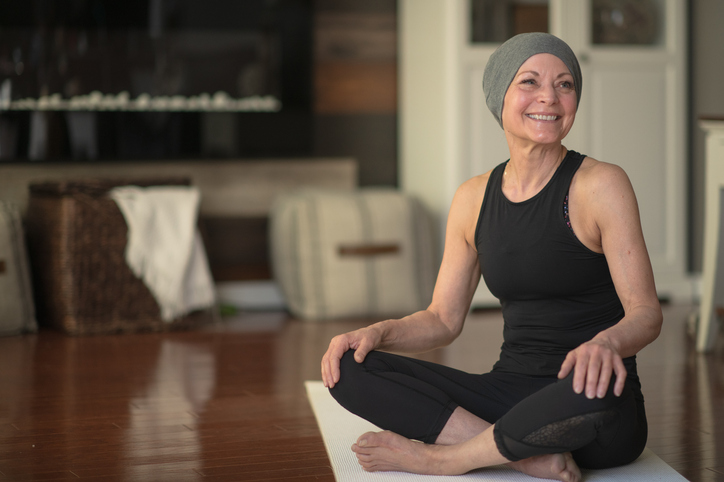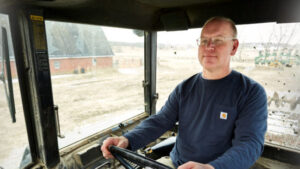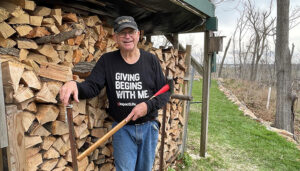By: Heather Dommer, ARNP
“I’m done with cancer treatment I should be excited, right?”
This is a common question I hear in the survivorship clinic. Unfortunately, many cancer survivors have a hard time feeling excited or even happy during this time. It is a time of many changes. After becoming adjusted to seeing your medical team several times a week suddenly they tell you, you don’t have to come back for a month. While this is good news and means you are physically doing well it is not always easy making this transition.
Many people feel lonely, scared, and uncertain about how to move on into the future.
It is important to know while some things may go back to the way they were before cancer many things will never be the same. We call this time “finding your new normal.” Some of the changes that may occur include a change in diet and/or exercise, change in social support, permanent scars on the body, new routines and emotional scars.
You may find some of things you found to be easy before are now harder. The important thing during this time is to go easy on yourself. Remember change is hard for everyone and we all deal with it differently.
Be Informed
One thing that can help is to be informed. Seek out services such as the ones available at the Nassif Community Cancer Center to help you find your “new normal.” This may include exercise classes, talking to a dietitian, a massage, counseling, sex therapy, meditation, acupuncture therapy, or healing energy.
Talk to Your Doctor
Talk to your doctor and other healthcare providers about what services they would recommend for you. Work together with your healthcare providers and your support system to set goals about your “new normal” that you are interested in obtaining.
Over the next several months I will be writing a short article on different topics that commonly effect cancer survivors. I will hopefully be able to give some tips on how to deal with the concern and what can be done to improve this.
If you ever have any specific concerns, please feel free to call me in the Survivorship Clinic at (319) 558-4876 or speak to your personal healthcare provider.







